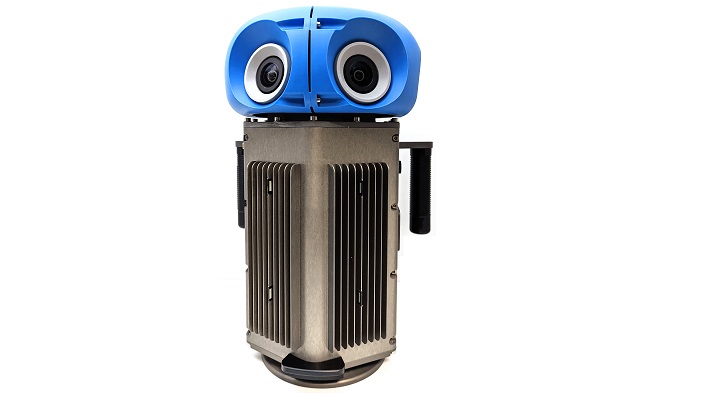Google announced Street View’s newest camera and features in celebration of Street View’s 15th birthday to give people more ways to explore historical imagery and show how Street View is powering the future of Google Maps.

Here’s a quick look at Street View’s new camera system:
- It weighs less than 15 pounds. This means it can be shipped anywhere. This is especially handy when Google works with partners around the world to capture imagery of traditionally under-mapped areas — like the Amazon jungle.
- It’s incredibly customizable. Previously, an entirely new camera system was needed to collect different types of imagery. But now, more can be added on to this modular camera with components like lidar — laser scanners — to collect imagery with even more details like lane markings or potholes.
- It can fit on any car. The new camera can be attached to any vehicle with a roof rack and operated right from a mobile device — no need for a specialized car or complex processing equipment. This flexibility will make collections easier for partners all over the world, and allow Google to explore more sustainable solutions for its current fleet of cars — like plug-in hybrids or fully electric vehicles. People will start seeing the new camera in fun Google colors alongside our iconic Street View cars and trekkers next year.
Traveling back in time with Street View
Street View is all about capturing the world as it changes, and it’s also a powerful way to reminisce about the past. Starting today on Android and iOS globally, it’s now easier than ever to travel back in time using mobile phones.
When viewing Street View imagery of a place, tap anywhere on the photo to see information about the location. Then tap “See more dates” to see the historical imagery of that place, dating back to when Street View launched in 2007. Browse each of the images to see a digital time capsule that shows how a place has changed — like how the Vessel in New York City’s Hudson Yards grew from the ground up.
Building a more helpful, immersive map
Street View is also an essential part of how Google maps the world. Here’s how it works:
- Updates to business information that reflect our changing world. Google uses Street View imagery coupled with AI to make helpful updates to Google Maps — such as adding newly opened businesses, surfacing new hours at favorite restaurants and updating speed limit information. In fact, over the last three years, AI has helped Google make over 25 billion updates to Maps to provide as fresh information as possible.
- Easier than ever navigation, indoors and out. Street View imagery powers popular features like Live View, which allows people to use their phone’s camera to overlay navigation instructions on top of the real world.
- A more immersive experience. Thanks to advances in computer vision and AI over the last several years, Google can fuse together billions of Street View and aerial images to create a rich, digital model of places around the world. With the new immersive view launching later this year, people can easily glide down to street level on Maps and even check out the inside of a business as if they were walking around.
Google Street View is also celebrating its 15th birthday by looking back at some of its awesome collections through the years.

